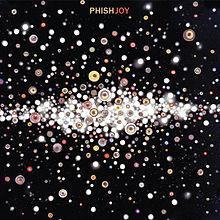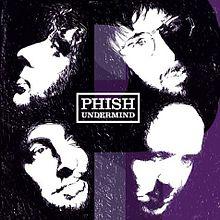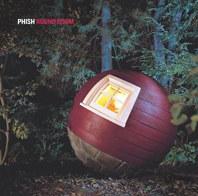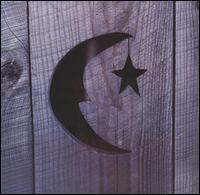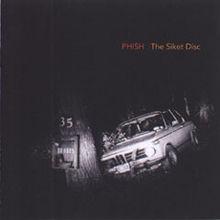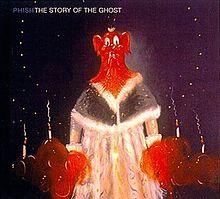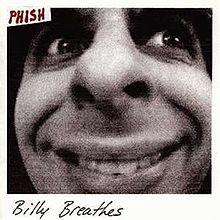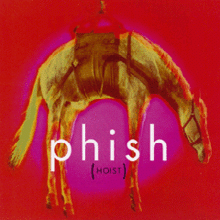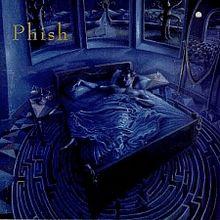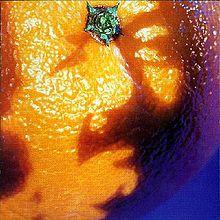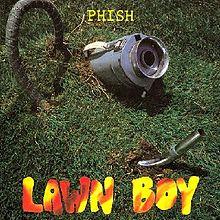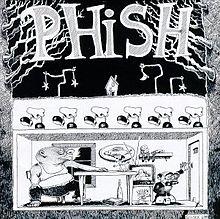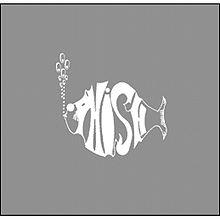PHISH was formed in 1983 at the University of Vermont. Trey Anastasio (guitar, vocals), who was a freshman at the time, put the word around campus that he was looking for musicians to form a band. Jon Fishman (drums, vocals), Mike Gordon (bass, vocals), and Jeff Holdsworth (lead vocals, guitar) joined him and began to play shows on campus. The next year, percussionist Marc Daubert also joined, but left the band soon after. Page McConnell (keyboards) joined in 1985. After graduation in 1986, Holdsworth also left, and the band’s lineup was then solidified and remains the same today.
Phish has created many different ways in which to interact with their audience, revolutionizing the way that people experience a rock show. In 1992, the band started the “Big Ball Jam”, where each band member would throw a beach ball into the audience and play a note each time his ball was hit. This resulted in the audience helping Phish to create an original composition. They also did an experiment called the “Rotation Jam” where each member would switch instruments with the person to their left. In 1995, the band challenged their audiences to chess. They made a move during their first set, and the audience members would vote in between sets on their move. They played two chess games this way, with the audience and Phish each winning once. In 1997, Ben and Jerry’s created a new flavor of ice cream called Phish Food and donated the proceeds to the Lake Champlain Initiative, which is part of Phish’s WaterWheel Foundation. The WaterWheel Foundation raises funds for a non-profit organization in each community that Phish tours in. According to their official website, Waterwheel has donated over $550,000 to over 325 groups.
THE ALBUMS:
Around 1986, Phish put out at least six experiment self-titled cassettes. They self-released their first album, Phish, in 1986. It was also known as The White Tape. The Man Who Stepped into Yesterday was Anastasio’s senior project and was based on an essay piece telling the story of the fictional land “Gamehendge”. This album was never officially released, only being found in bootleg or tape format.
Their first studio project and mass-released album was Junta in 1989 on Elektra Records, reaching platinum status in 2004. Lawn Boy was their second studio album and was originally released in 1990 on the labels Absolute A Go Go and Rough Trade. It was re-released by Elektra in 1992, but the final track “Fee” was omitted. A Picture of Nectar was more extensively produced than any of the previous albums, and was released in 1992. Their sixth studio album, Rift (1993), was their second “concept album” (the first one being The Man Who Stepped into Yesterday), telling the story of the narrator’s perceived rift in his relationship with his girlfriend. The next year, Hoist was released, from which Phish made their only MTV video (“Down With Disease”). The album cover for Hoist comes from a previous and alternate suggestion for the album, “Hung Like a Horse.” Their next album, Billy Breathes (1996), recorded back at their Vermont recording studio (The Barn), brought the band into contact with a more mainstream audience.
Phish is known to be a “jam band”, and their jam sessions resulted in their next two albums (The Story of the Ghost and The Siket Disk), which were largely produced by improvisation. The Siket Disk, which is almost completely instrumental, consists of selected excerpts from the same sessions that produced the previous album. Their last album before their temporary hiatus in 2000 was Farmhouse. Round Room (2002) is made up of cuts from unedited rehearsal sessions at The Barn, and along with their New Year’s Eve reunion concert at Madison Square Garden, marked the end of their hiatus. A month before their next release, Undermind, in 2002, the band once again announced another hiatus which lasted until 2008. In 2009, Phish released their most recent album, Joy, on their own record label (JEMP Records) that they created in 2005.


